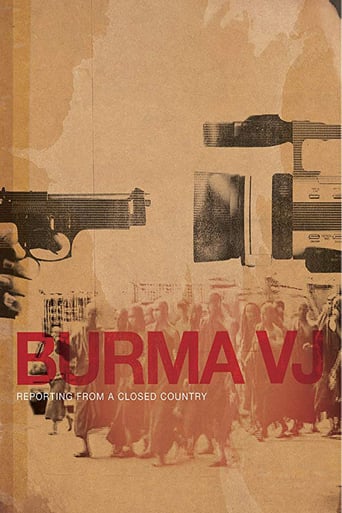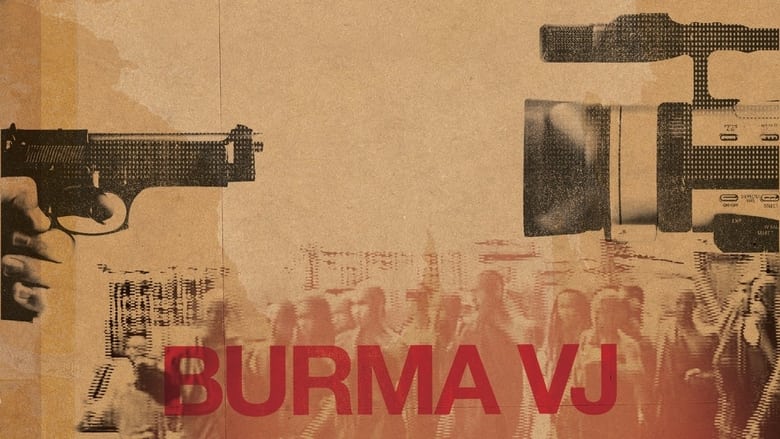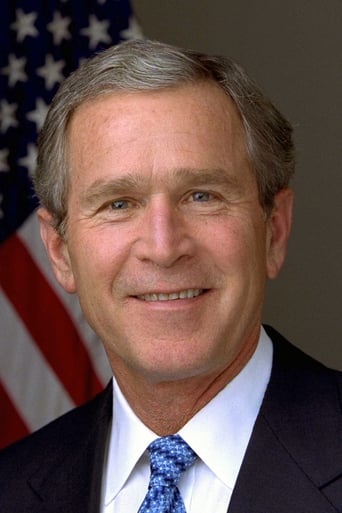
Going beyond the occasional news clip from Burma, the acclaimed filmmaker, Anders Østergaard, brings us close to the video journalists who deliver the footage. Though risking torture and life in jail, courageous young citizens of Burma live the essence of journalism as they insist on keeping up the flow of news from their closed country.
Reviews
I like the storyline of this show,it attract me so much
Don't listen to the Hype. It's awful
It is not deep, but it is fun to watch. It does have a bit more of an edge to it than other similar films.
Good films always raise compelling questions, whether the format is fiction or documentary fact.
Its 1988 in Burma. Students are leading a series of vociferous protests against the military junta. Years of economic mismanagement have been compounded by the sudden cancelling of some of the nation's currency notes - savings held in cash are instantly wiped out. The shooting of an engineering student in March leads only to louder and larger protests; a young woman by the name of Aung San Suu Kyi becomes the face of the democracy movement. Then, on September 18, the Army steps in - over 3,000 are killed or disappeared in one afternoon.Fast forward to 2007, and Joshua, the underground reporter and narrator of Ostergaard's 'Burma VJ' is getting deja vu. Economically on its knees, with high unemployment, rising inflation and subsidies being cut, and politically running out of options, the Burmese people are suffering. As one of a number of journalists working illegally for the Democratic Voice of Burma (DVB), a television and radio network-in-exile (based in Norway), Joshua risks his freedom and life to document conditions inside the country under the despotic rule of the junta. Once smuggled out of the country, images and videos are edited and streamed back into Burma via radio networks, or passed onto international news networks to raise awareness.In late 2007, Joshua and his DVB colleagues noticed a shift in popular opinion. The fears of a recurrence of 1988 were subsiding, a combination of the natural amnesia of time and the desperation of quotidian life. Small, isolated protests were occurring. They were quickly broken up by the junta's 'thugs' but not before being captured by the diligent DVB reporters. Then, and most famously, the monks took to the streets; occupying a precious place in Burmese and Buddhist society, monks are not to be harmed and therefore presented a literal human shield for the thousands of Burmese citizens who took to the streets to protest alongside them.The bloody conclusion to the uprising thereafter is well-known, as is the infamous execution-like shooting of the Japanese journalist Kenji Nagai. What Ostergaard adds to the saga however is to point out the courage of those behind the footage (it was a DVB reporter that captured the Nagai shooting for example, from a nearby building), who risk their lives so that the bravery of those protesting is not lost with the first firing of the army's guns. The 2007 uprising, however brutally put down, was a defeat for the junta due almost entirely to the reporting of DVB reporters, like Joshua, who put themselves in positions similar to Nagai in order to document the democratic desire of their people.Concluding Thought: Hard to know who to admire more, the monks willing to die for the sake of their people, or the reporters willing to die to document it.
Burma VJ is a moving account of people struggling against a brutal dictatorship against all odds. Focusing on the footage taken by underground journalists within Burma / Myanmar during the 2007 protests by Buddhist monks and students. Starting from the protests' mundane origins in a gasoline price hike, it traces the uprising to its tragic conclusion in a crackdown by the military junta.The film itself is a testament to the importance of the Internet as a tool to combat oppression. Using cell phone cameras, the resistance journalists transmitted events as they happened to the world, creating a spectacle that other countries could not ignore.Moreover, Burma VJ gives an inside look at what it is like to live in a dictatorial society, where nothing we would recognize as freedom exists. This is a society where police agents regularly commingle with the populace without uniforms, and where being dragged into an unmarked car are genuine possibilities for the average person. In essence, the film gives viewers a peek into the court of the crimson king.Some reviewers have carped that a few scenes, mainly involving a liaison in Thailand, are reenactments, and that the film is not objective. However, in the face of military brutality by the junta, calls for objectivity seem weak and pusillanimous. Sometimes, direct statements are the best.
This Oscar nominated documentary tells the story of what happened in Burma in 2007 when the military suppressed 100,000 protesters.Underground reporters captured what was happening. The footage has been shown on news stations, but this is a collection of the footage showing a complete story.The reporters faced death or life imprisonment to get this footage. Once the military realized that the footage was being sent by the reporters, and not foreign journalists, they systematically hunted them down.Those who were not arrested, spread out through the country.It was a touching story of how the people stood up to oppression. They were not teabaggers, but people willing to die for freedom.
The Western world concerns itself with issues like that of bias in the media. In Burma, journalism is illegal. The impact of "Burma VJ" is pretty straightforward. These VJs, living under a militaristic government, risk their lives to get footage of the crimes against humanity in their country--the killing of Buddhist monks, the extreme crowd control--and smuggle it out so the world can see (as well as back into Burma to counteract the government's propaganda).It's hard to get a sense of just what director Anders Ostergaard brings to this story as he creates a film: his greatest achievement is that he simply lets his source, named Joshua, tell his story. The issue speaks for itself and the footage these daring citizens capture is plenty to awaken anyone unaware of the situation in Burma to the tragedy there.Certain parts are more compelling than others, but in general, "Burma VJ" executes to the fullest what every good documentary should: enlighten. The film's impact goes a bit beyond into the realm of courage and sacrifice of the citizen to stand up to wrongdoing in his or her country--certainly unique in that this comes to light through illegal journalism--but mostly you are left with becoming aware and upset that a government would treat its people this way, glad to live somewhere where journalism is an institution. Suddenly the conflict we see every day between the media and establishment seems so totally insignificant. It's a reminder of how important the work of the journalist is and how it's a privilege to have in a country, which ultimately is about the privilege of being free in a country. ~Steven CVisit my site at http://moviemusereviews.com/
Top Streaming Movies













